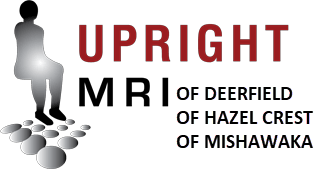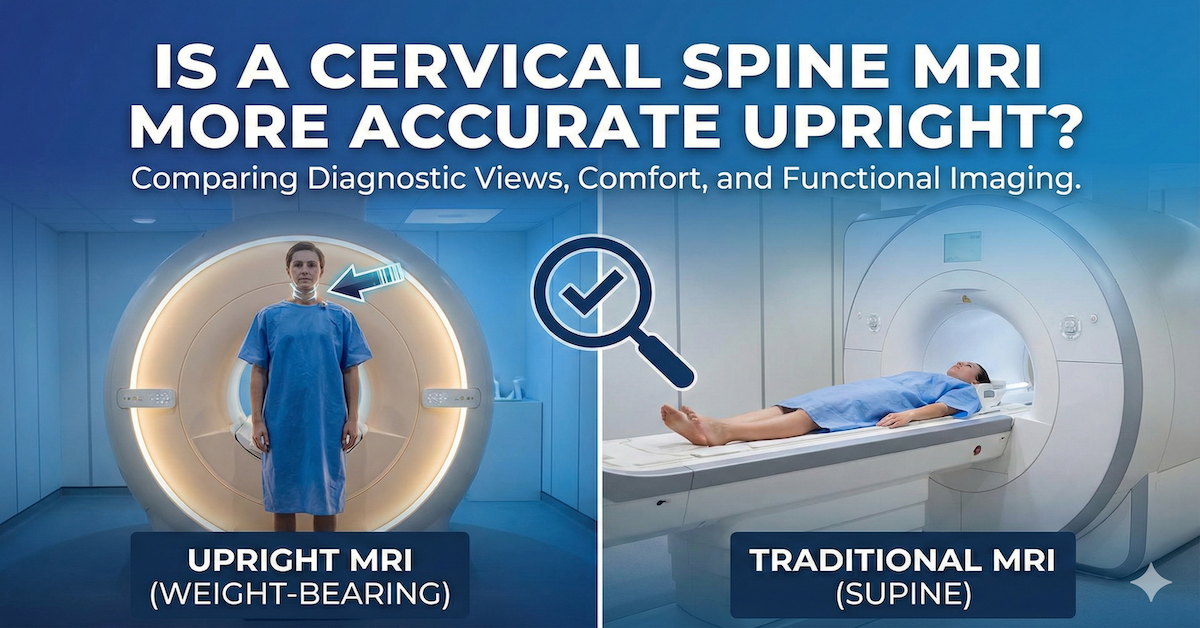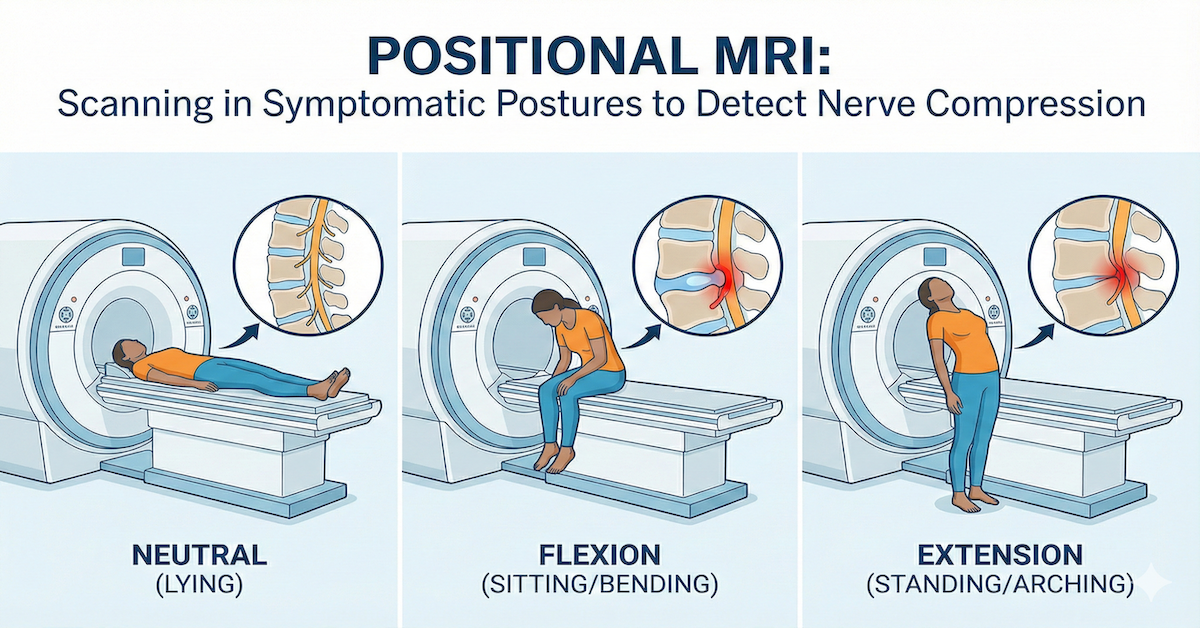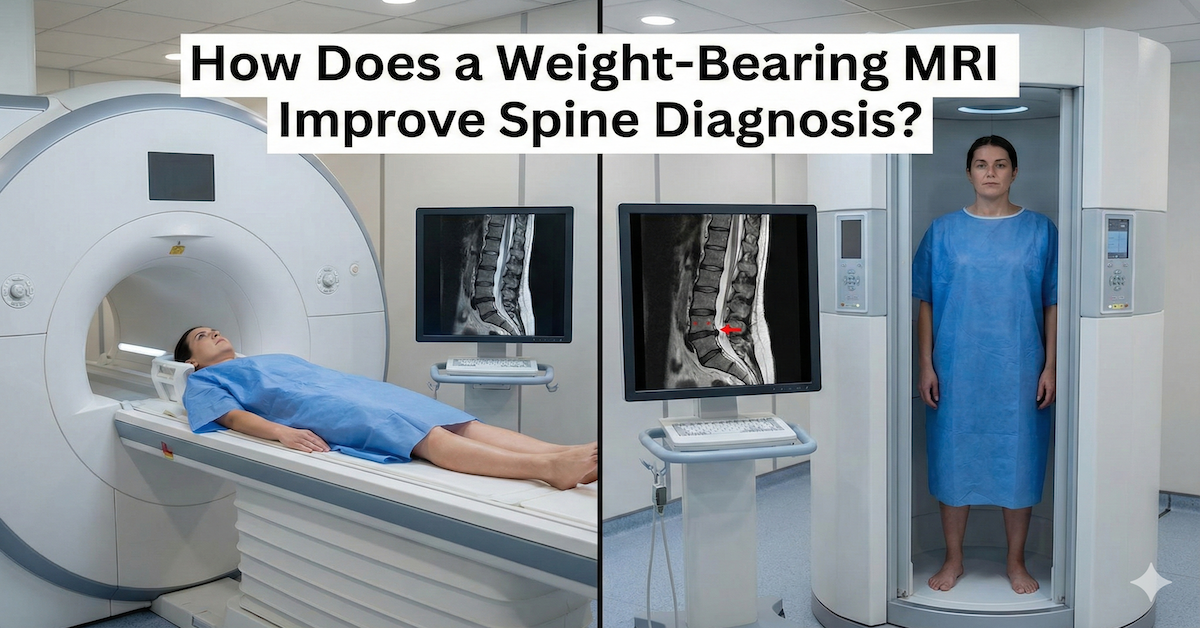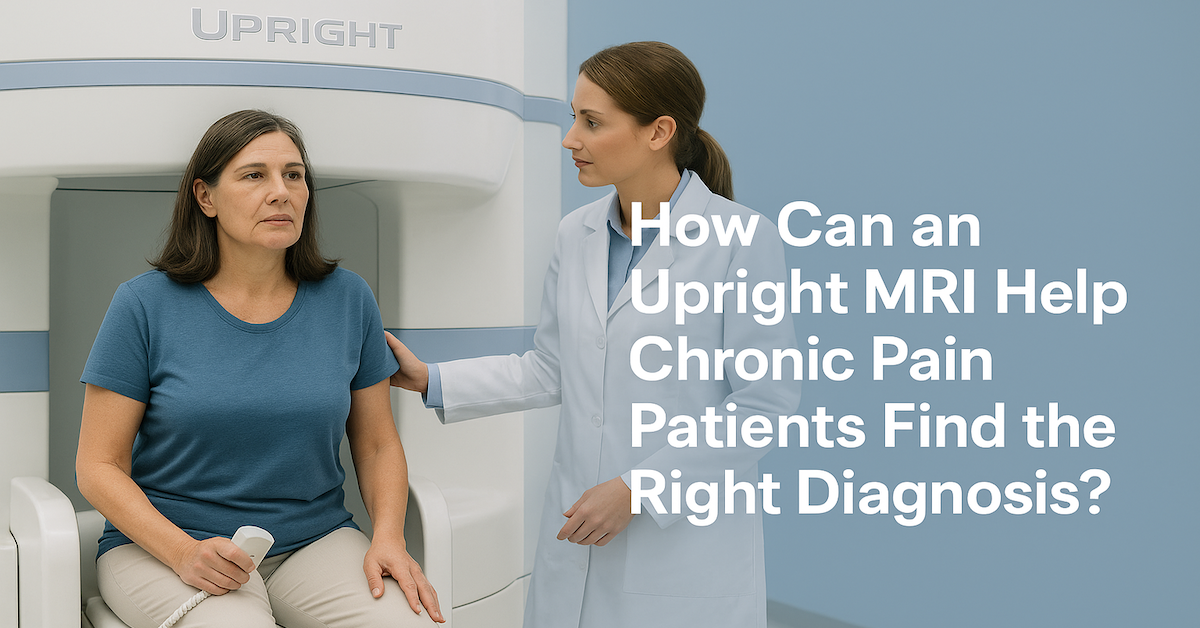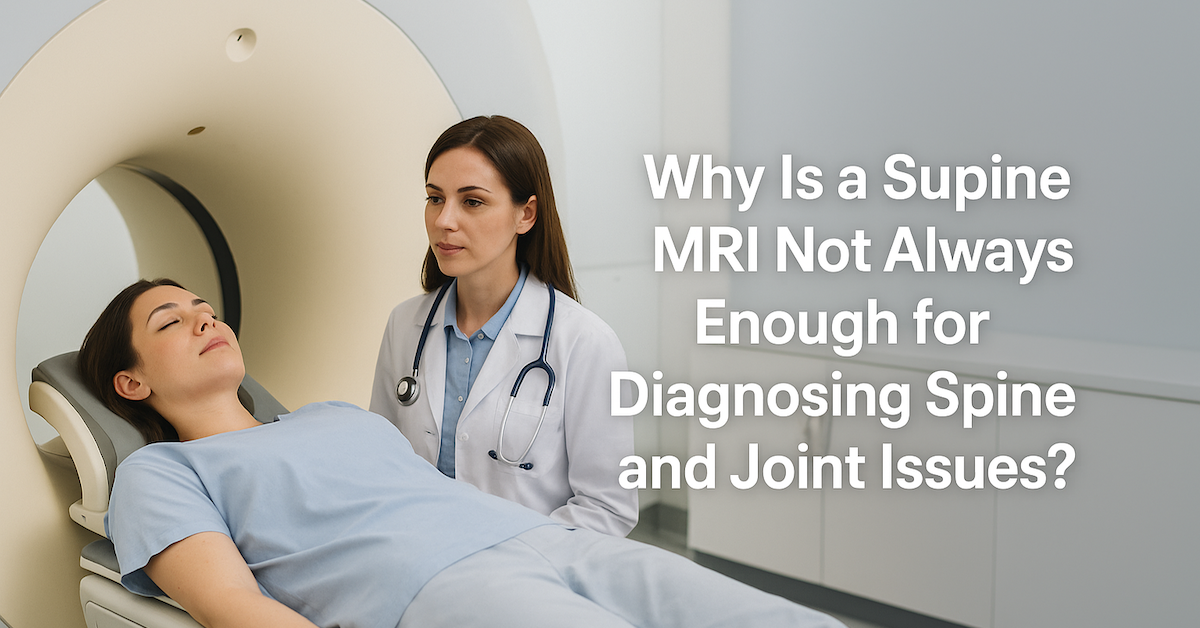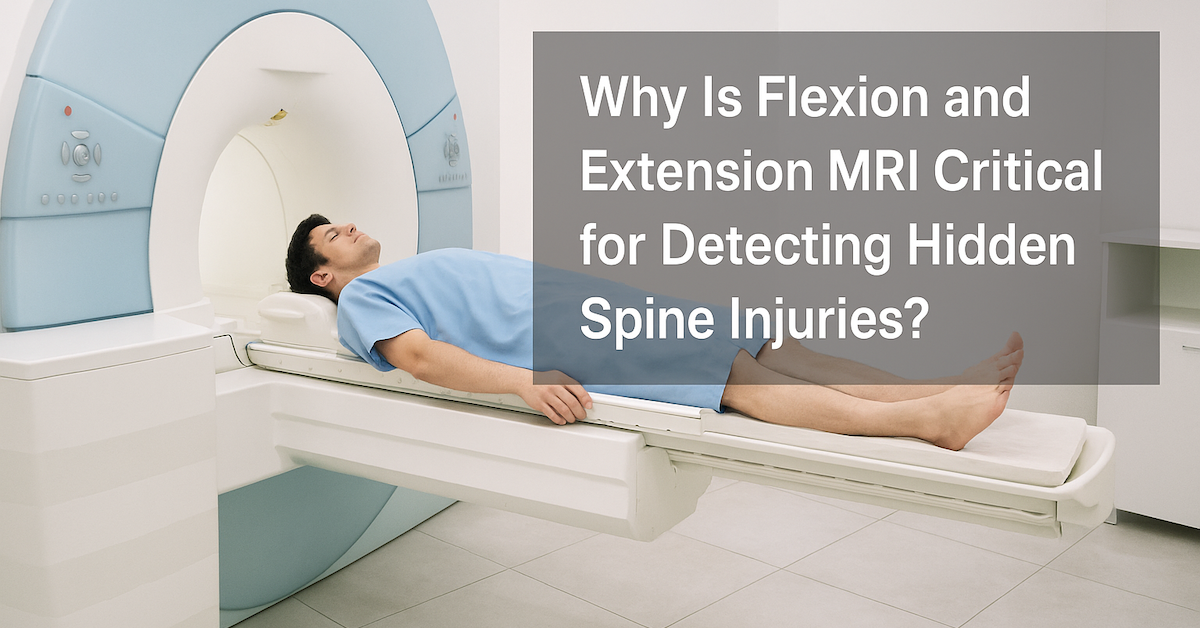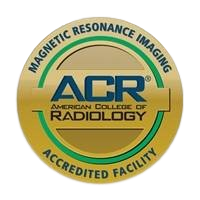What Should I Know About MRI Back and Spine Scans?
MRI (Magnetic Resonance Imaging) scans are powerful tools used to diagnose a variety of medical conditions, especially those involving the back and spine. If you’re experiencing back pain or other related symptoms, your doctor might suggest an MRI to get a detailed view of your spine. This article will walk you through everything you need to know about MRI back and spine scans, from what to expect during the procedure to understanding the results.
What is an MRI?
An MRI scan uses magnetic fields and radio waves to create detailed images of the inside of your body. Unlike X-rays or CT scans, which use radiation, MRIs rely on magnets and radiofrequency waves, making them safer for frequent use. The process involves lying inside a large, cylindrical machine that generates images of your internal organs and tissues, providing a clear and detailed view.
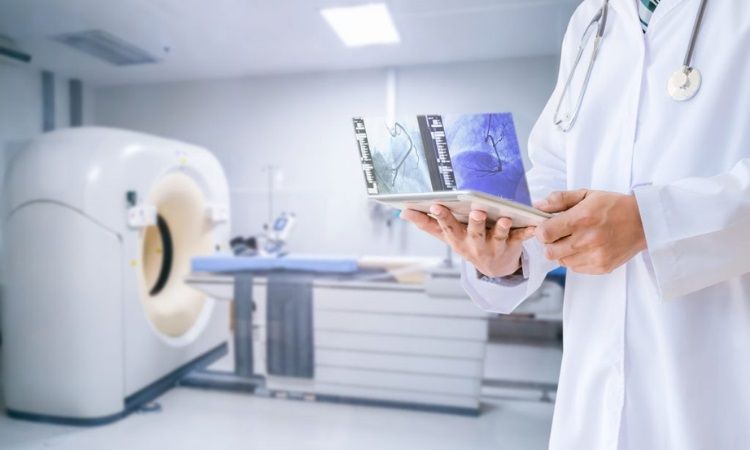
Why Are MRI Scans Used for Back and Spine Issues?
Doctors often recommend MRI scans to diagnose conditions such as herniated discs, spinal stenosis, tumors, and infections. The clarity and detail of MRI images make it easier to identify abnormalities that might not be visible with other imaging techniques like X-rays or CT scans. If you’ve been dealing with persistent back pain or other symptoms that suggest a spinal issue, an MRI can provide critical information to help pinpoint the problem.
Preparing for an MRI Scan
Preparation for an MRI is straightforward. You’ll be asked to remove any metal objects, such as jewelry, watches, or belts, because metal can interfere with the magnetic field. Comfortable clothing without metal zippers or buttons is ideal. In some cases, you might need to adjust your diet or medication before the scan, but your doctor will give you specific instructions if this is necessary. If you have claustrophobia, inform your doctor beforehand so they can make accommodations to help you feel more comfortable during the scan.
The MRI Scan Procedure
During the scan, you’ll lie down on a movable bed that slides into the MRI machine. The procedure is painless, but it can be noisy, with loud thumping or knocking sounds. You’ll be given earplugs or headphones to help muffle the noise. The technician will be in a separate room, but you can communicate through an intercom if needed. The scan can take anywhere from 30 to 60 minutes, depending on the area being examined. In some cases, a contrast agent may be injected to enhance the images, highlighting certain structures more clearly.
Interpreting MRI Results
Once the scan is complete, a radiologist will analyze the images. They’ll look for any abnormalities such as disc herniation, spinal degeneration, or lesions. Terms like “herniation” refer to a disc that has moved out of place, while “degeneration” indicates wear and tear on the spinal discs. After the radiologist completes their analysis, your doctor will discuss the results with you, explaining what they mean for your health and what the next steps should be.
Risks and Limitations of MRI Scans
MRI scans are generally very safe. The primary risks involve potential allergic reactions to contrast agents, which are rare. Some patients may feel discomfort from lying still or from the noise, but these are typically manageable. However, MRIs do have limitations. For instance, they can’t always distinguish between different types of tissue as clearly as other methods, and they might not detect every type of abnormality. It’s important to use MRI as part of a comprehensive diagnostic approach.
Advances in MRI Technology
MRI technology has advanced significantly in recent years. High-resolution MRIs now provide even clearer images, and functional MRIs (fMRIs) can show how different parts of the brain and spine are working. These advancements allow for better diagnosis and treatment planning. Future developments might include faster scan times and even more detailed imaging capabilities, which could further enhance the diagnostic power of MRIs.
Cost and Insurance Considerations
The cost of an MRI scan can vary widely, often ranging from a few hundred to several thousand dollars, depending on factors like location, the facility, and whether a contrast agent is used. Before scheduling your scan, it’s a good idea to check with your insurance provider to see what is covered. Many insurance plans do cover MRIs, but it’s important to verify any out-of-pocket costs you might incur. If you’re paying out of pocket, ask the facility about payment plans or discounts.
Conclusion
Understanding the ins and outs of MRI back and spine scans can help demystify the process and alleviate any concerns you might have. These scans are invaluable tools for diagnosing and managing back and spine issues, providing detailed images that help doctors develop effective treatment plans. If your doctor recommends an MRI, rest assured that it’s a safe and effective way to get a closer look at what might be causing your symptoms.
At Upright MRI of Deerfield, we are committed to providing state-of-the-art imaging services with a focus on patient comfort and care. Our experienced team is here to guide you through the process and ensure you receive the best possible diagnostic experience.
SHARE THIS POST:
Leave a Comment:

The World's Most Patient-Friendly MRI. A comfortable, stress-free, and completely reliable MRI scan. We offer patients an open, upright, standup MRI experience that helps those who are claustrophobic and stress being in a confined area. Upright MRI of Deerfield is recognized as the world leader in open MRI innovation,
Our Recent Post
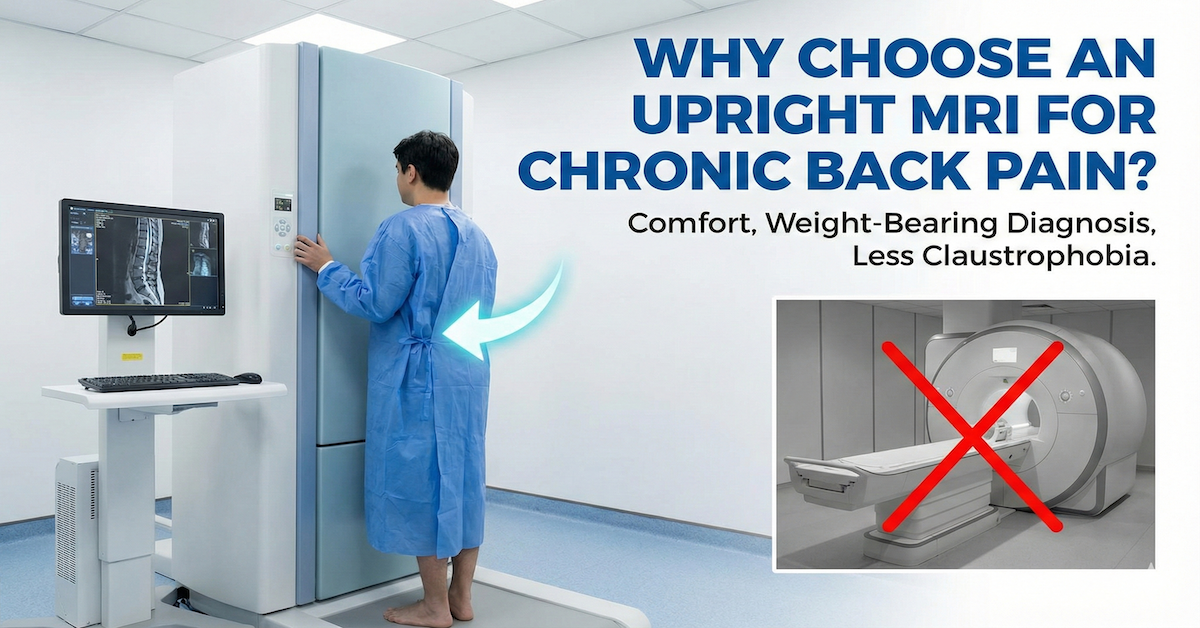
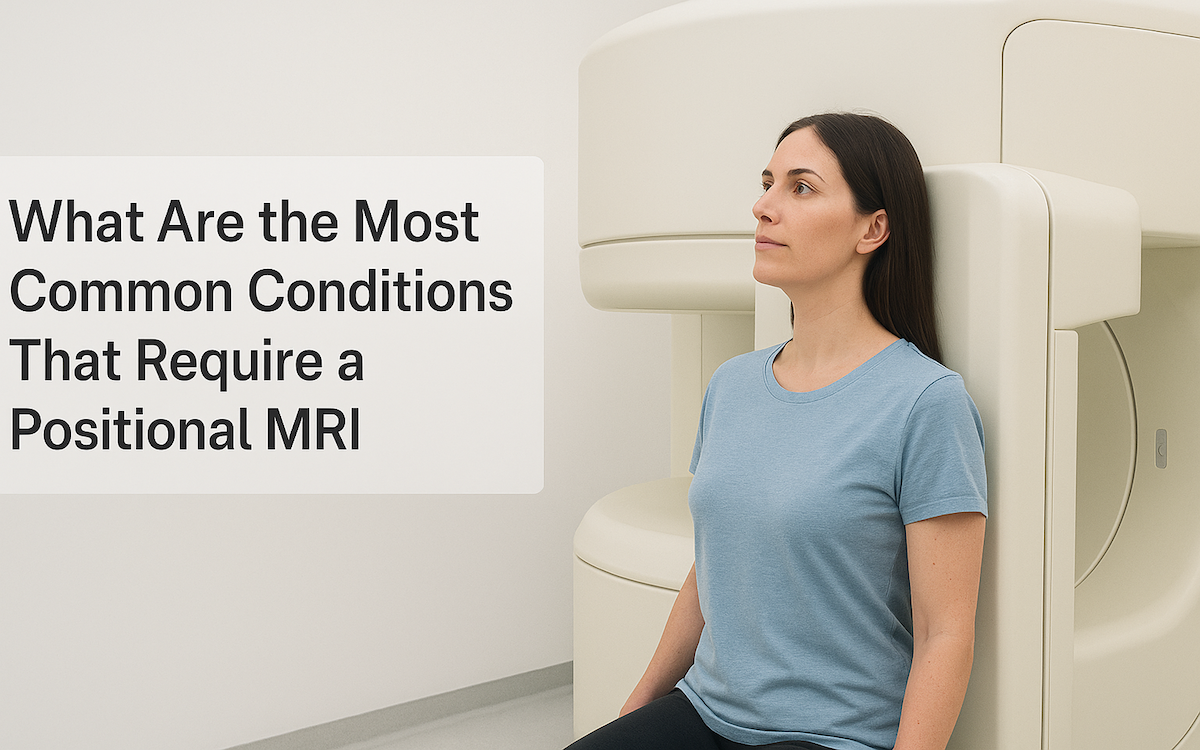
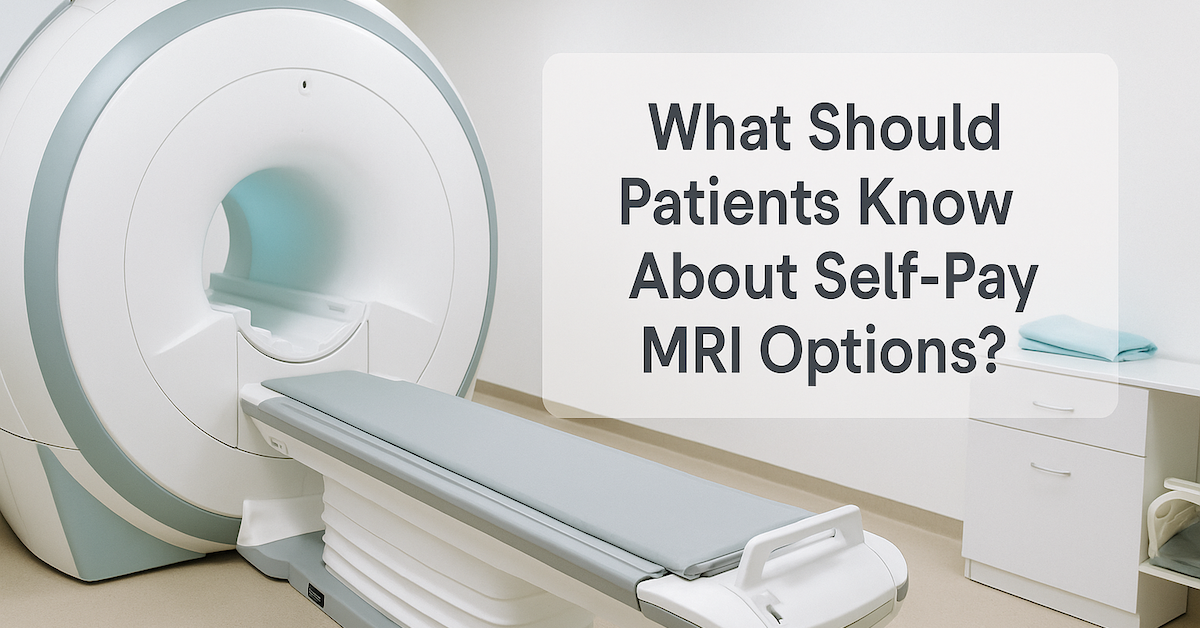
READ PATIENT TESTIMONIALS
Upright MRI of Deerfield.
Susan D.,
Highland Park, 39
I am going to tell everyone about your office! This was a great experience after I panicked in other MRI machines and had to leave. Thank you so much.

Judith B.,
Milwaukee, 61
I suffer from vertigo and other MRIs do not work. This was wonderful…absolutely NO discomfort at all. The MRI was so fast…I wanted to stay and watch the movie! Mumtaz was great. His humor really put me at ease. I’ve already recommended Upright MRI to friends.

Delores P.,
Glencoe, 55
Everything is so nice and professional with your place. I have been there a couple of times. My husband and I would not go anywhere else.

